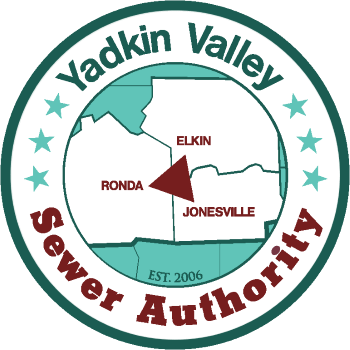At the start of the pandemic, there was uncertainty about how water and wastewater utilities’ revenues and finances might be affected. Many utilities and local governments were concerned with loss of revenue from the commercial sector, as well as the financial implications of statewide moratoria on late fees and disconnections for non-payments designed to ensure that everyone has adequate access to water and sanitation during a designated public health emergency. Various polls and case studies were analyzed to gauge early and ongoing effects on the utilities’ financial condition. Now, the release of audited data in local governments’ annual financial statements provides additional information and insights. This blog post summarizes how over 300 local government water and wastewater utilities in North Carolina fared at the end of Fiscal Year 2020 (end of June 2020 for all local governments in the state) compared to previous years. The audited data include the first three months of the pandemic.
Tag: revenue loss

Yadkin Valley Sewer Authority: A Case Study of the Impact of COVID-19 on a North Carolina Wastewater Utility
The abrupt arrival of COVID-19 in the United States financially impacted businesses across all sectors, with water and wastewater utilities being no exception (see our previous blog post). Two major factors influenced revenue streams for utilities in the state. The first was Executive Order 124/142 issued by Governor Cooper on March 31st, which prevented utilities from disconnecting water or wastewater services to residential customers due to missed payments. This moratorium extended until the end of July. The second factor was that many commercial, industrial, and institutional customers reduced or stopped their operations in line with the statewide stay-at-home order. For some communities, non-residential customers use the greatest share of water or wastewater. The utilities in these areas were at risk of significant revenue declines due to these customers ceasing operations.
We know there are a wide range of financial impacts on utilities during the pandemic depending on the size and composition of each utility’s customer base. By diving deep into a case study of one utility, we can better understand the specific effects that some systems across the state have been experiencing. At the EFC, we’ve been working with the Yadkin Valley Sewer Authority (YVSA) since the beginning of the pandemic to assess their financial condition and provide technical assistance. Using data and interviews they’ve provided, we are able to share a case study of their experience over the past year and how they are preparing for the future. Continue reading



